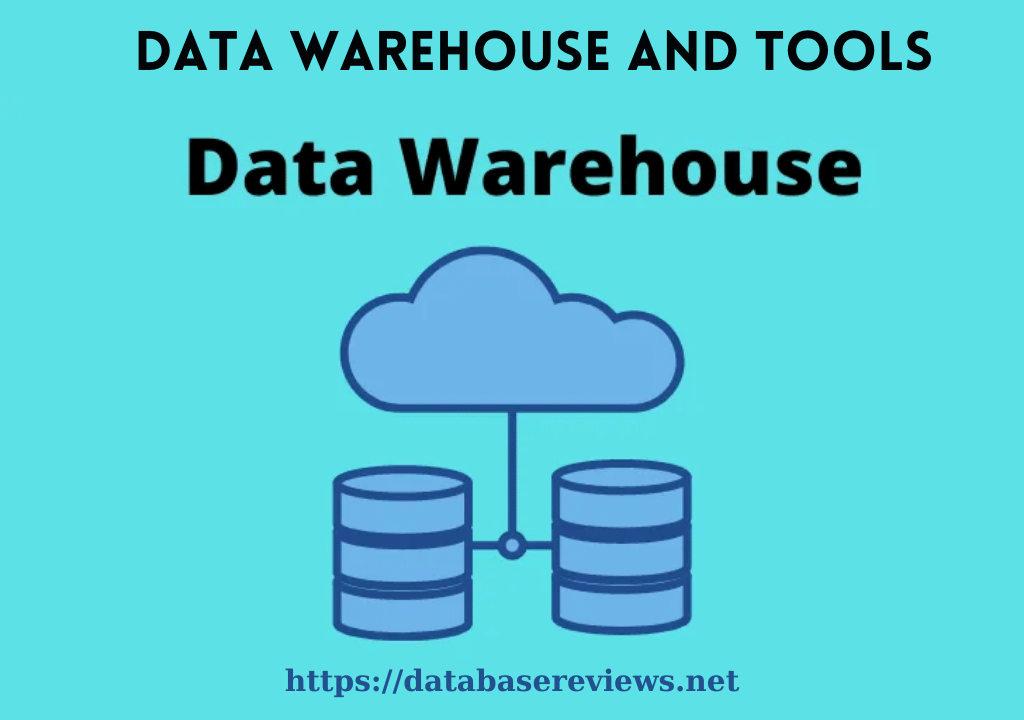Data Warehouse
What is data warehouse, concepts and tools
Data Warehouse And Tools software is a type of software that helps users to store, process, and analyze large volumes of data from different sources. Data warehouse software enables users to perform various tasks such as extracting, transforming, and loading (ETL) data, querying and reporting on data, and gaining insights from data.
One of the main benefits of data warehouse software is that it allows users to access and integrate data from multiple sources in a single platform. This reduces the complexity and inconsistency of data and improves the efficiency and accuracy of data analysis. Data warehouse software also supports the management of historical data, as it allows users to archive, update, and search data from different time periods.

There are many data warehouse tools available in the market that offer different features and capabilities. Some of the common features of data warehouse tools are:
- Data ingestion: This feature allows users to collect and import data from various sources such as databases, files, APIs, web services, etc.
- Data transformation: This feature allows users to clean, format, standardize, and enrich data according to their business requirements.
- Data storage: This feature allows users to store data in a structured and optimized way for fast and easy retrieval.
- Data analysis: This feature allows users to query, explore, visualize, and report on data using various tools such as SQL, BI tools, dashboards, etc.
- Data security: This feature allows users to protect data from unauthorized access and manipulation using encryption, authentication, authorization, etc.
Some examples of popular data warehouse tools are:
- Treasure Data: This is an enterprise customer data platform (CDP) that helps users to collect, unify, and analyze customer data from various sources.
- Snowflake: This is a cloud-based data warehouse platform that offers scalable, secure, and flexible data storage and analysis.
- Amazon Redshift: This is a cloud-based data warehouse service that integrates with other AWS services and offers fast and cost-effective data processing.
- Google BigQuery: This is a cloud-based data warehouse service that leverages Google’s infrastructure and offers serverless and scalable data analysis.
Data warehouse concepts are the fundamental principles and techniques that underlie the design and implementation of data warehouse software. Some of the key data warehouse concepts are:
- Data modeling: This is the process of defining the structure and relationships of data in a data warehouse. Data modeling involves creating logical and physical models of data using various techniques such as star schema, snowflake schema, etc.
- Data quality: This is the measure of how accurate, complete, consistent, and relevant data is in a data warehouse. Data quality involves applying various methods such as validation, cleansing, deduplication, etc. to ensure the reliability and usability of data.
- Data governance: This is the process of establishing policies, standards, roles, and responsibilities for managing data in a data warehouse. Data governance involves implementing various practices such as metadata management, data lineage, data security, etc. to ensure the compliance and accountability of data.
Data warehouse software is an essential tool for businesses that want to leverage their data for better decision making and competitive advantage. By using data warehouse software, users can store, process, and analyze large volumes of heterogeneous data from different sources in a single platform. Data warehouse software also helps users to manage historical data and ensure its quality and security. Data warehouse tools offer various features and capabilities that cater to different user needs and preferences. Data warehouse concepts are the basic knowledge that users need to understand how data warehouse software works and how to use it effectively.
Leave a reply








